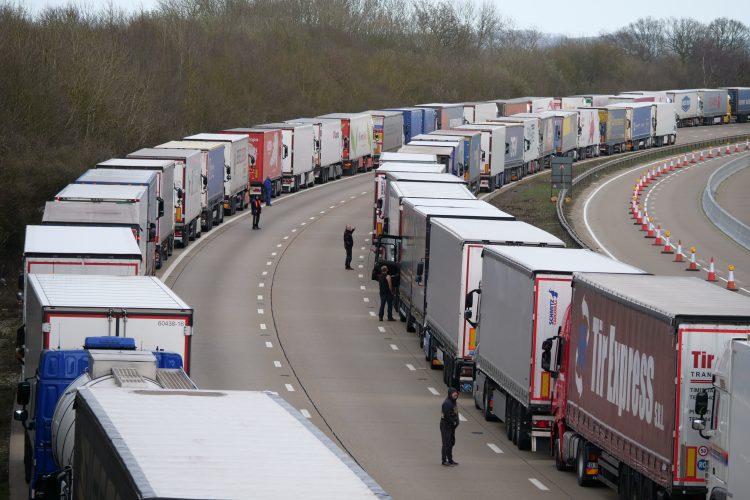Brexit controls are finally here after being pushed back five times

Brexit legislation controlling the imports of multiple food and beverage products has come into force today, in a move which some claim will stretch already strained supply chains even further.

As of 31 January, the first “milestone” of the UK Government’s Border Target Operating Model (BTOM) comes into effect, which means “ the introduction of health certification on imports of medium risk animal products, plants, plant products and high risk food and feed of nonanimal origin from the EU.”
The controls apply to great swathes of food imports into the UK from the EU, and means that veterinary health check will be required on every shipment of meat, fruit and vegetable produce entering the UK. Export health certificates have been a feature of business for some time now, but now paperwork will also be required in the other direction too, with physical checks to follow in April.
This date has been coming for some time, after the UK Government pushed back the entrance of these regulations multiple times in a bid to give businesses more time to prepare.
Industry responds to fifth delay for post-Brexit food import checks
There have been several warnings from food and drink bodies that this extra bureaucracy could stretch supply chains even further, including the British Meat Processors Association (BMPA).
“We share the wider concerns that this will add significantly to costs as it will require duplication of labels and businesses to hold more stock. It will also increase the risk of waste if packed products are limited to one market,” a BMPA spokesperson said.
However, the BMPA also said that it does not expect “any disruption this week following the 31 Jan deadline simply because Government is treating this as an ‘educational’ period up to 30 April when there will be nothing more than random checks on the online system (IPAFFS).
“This will be to check the accuracy of entries and Export Health Certificates etc. There will be no stop/go consequences if there are errors or omissions, simply notification to the exporter of the possible consequences if these errors or omissions occurred after 30 April 2024 when systematic checks come in.”
More analysis and reaction to follow on New Food.
Source: newfoodmagazine.com

